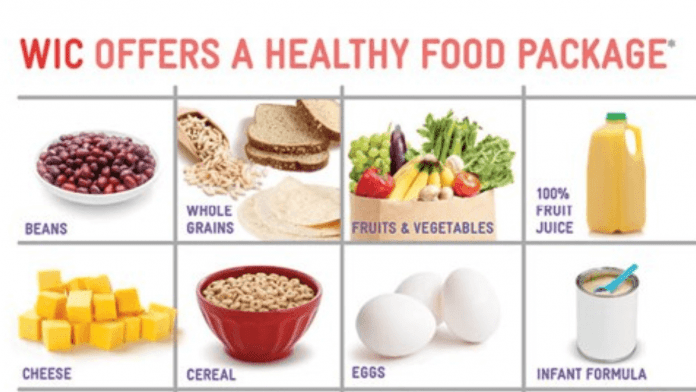News in Brief:
– Biden-Harris Administration finalises science-based updates to WIC nutrition programme, enhancing support for millions of families.
– These changes prioritise fruit and vegetable consumption, expand food options, and empower participating state agencies to tailor packages to diverse needs.
United States Secretary of Agriculture Tom Vilsack has announced the finalisation of updated food prescriptions for participants in the Special Supplemental Nutrition Program for Women, Infants, and Children (WIC).
These revisions, which the secretary claims are rooted in science-based recommendations, aim to enhance the nutritional support provided to millions of families across the United States.
The administration also commits to fully fund the programme for the 2024 financial year, including an additional $1 billion allocation. Vilsack says that this underscores its dedication to ensuring access to vital nutritional assistance.
With over $7 billion secured, the administration is bolstering efforts to provide critical support to pregnant women, new mothers, infants, and young children.
Prioritising nutrition for families
The agriculture department chief emphasised the participant-centered approach driving these changes, affirming a dedication to the well-being of families. By aligning food packages with the latest nutritional science, the updates aim to promote healthy eating habits and support optimal growth and development.
For example, its food packages prioritise fruit and vegetable consumption by increasing the variety and quantity available. Notable enhancements include expanding whole grain options, providing flexibility in the dairy category, and ensuring equitable access to canned fish and beans.
These changes afford WIC state agencies greater flexibility to accommodate personal and cultural food preferences and dietary requirements. With a two-year implementation timeline, agencies can collaborate with stakeholders to tailor food packages accordingly.
Administrator Cindy Long highlighted the potential long-term benefits of these improvements, emphasising the programme’s role in fostering healthier foundations for millions of participants. By addressing racial disparities in maternal and child health outcomes, WIC continues to serve as a cornerstone of public health efforts.



